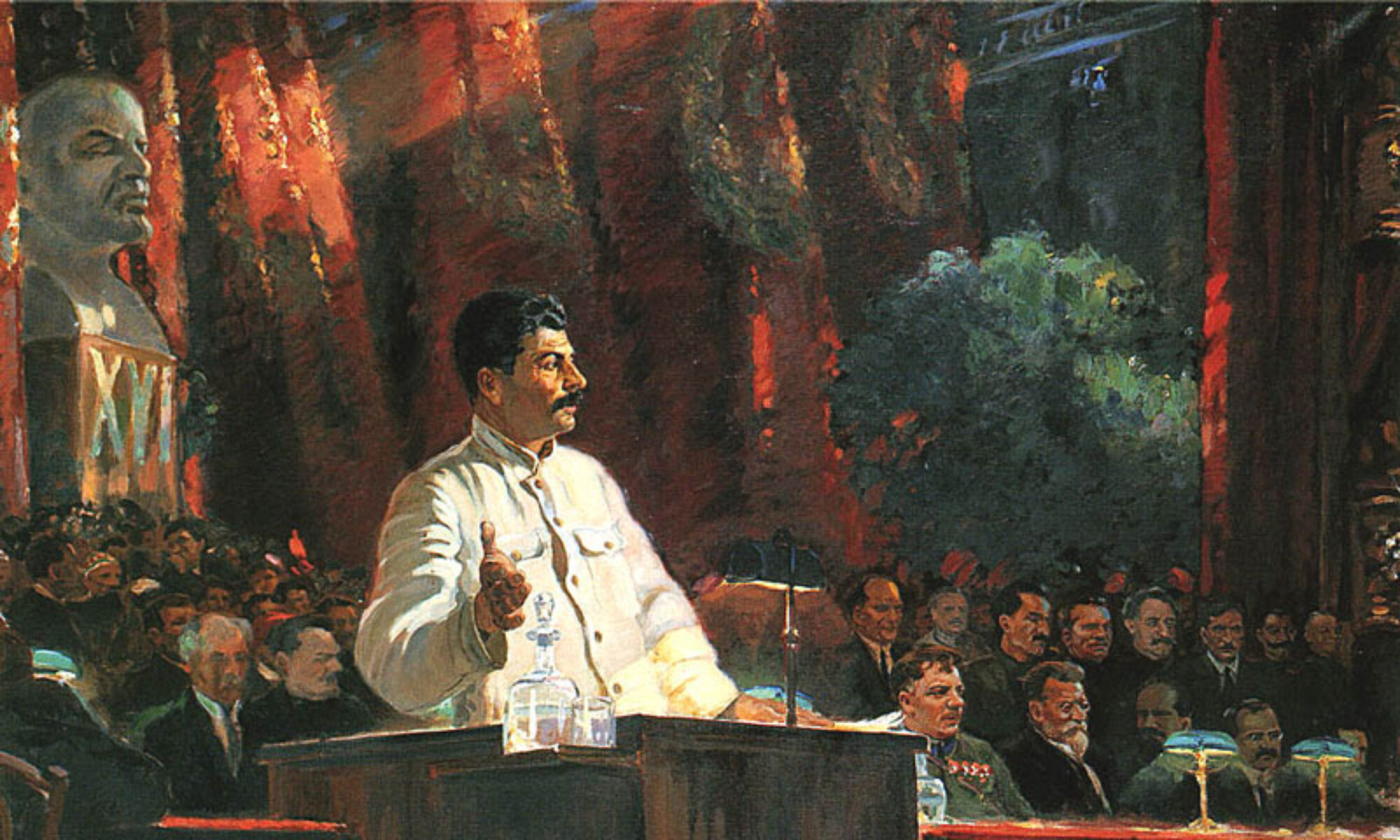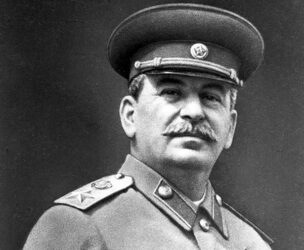There were a few things in this part of story that stood out to me. On page 472, when Pavel reaches out to the Party, I started thinking about how effective that was. It is like a built in advertisement, much like the whole book. It got me to thinking about how effective that actually might have been. If you read a book that told you the government here in the United States would always be there to help you, would you believe it? Would reading that have any effect on your opinion?
The end to Pavel’s story also stuck out to me as something to be discussed. Through all of his struggles and issues, he still ends up finding a way to be productive to Soviet society by writing his novel. As readers of the present day in a completely different country, our perception of the novel is certainly different than the Soviet citizens who read it. Trying to think of what it might be like to read this during that time under Soviet rule, it seems like it could have an inspirational effect. Anything is possible with hard work and determination. So I’ll ask the same question as I did above, would this work on you if it was story written here in the United States trying to convince you to change your perception of something?

